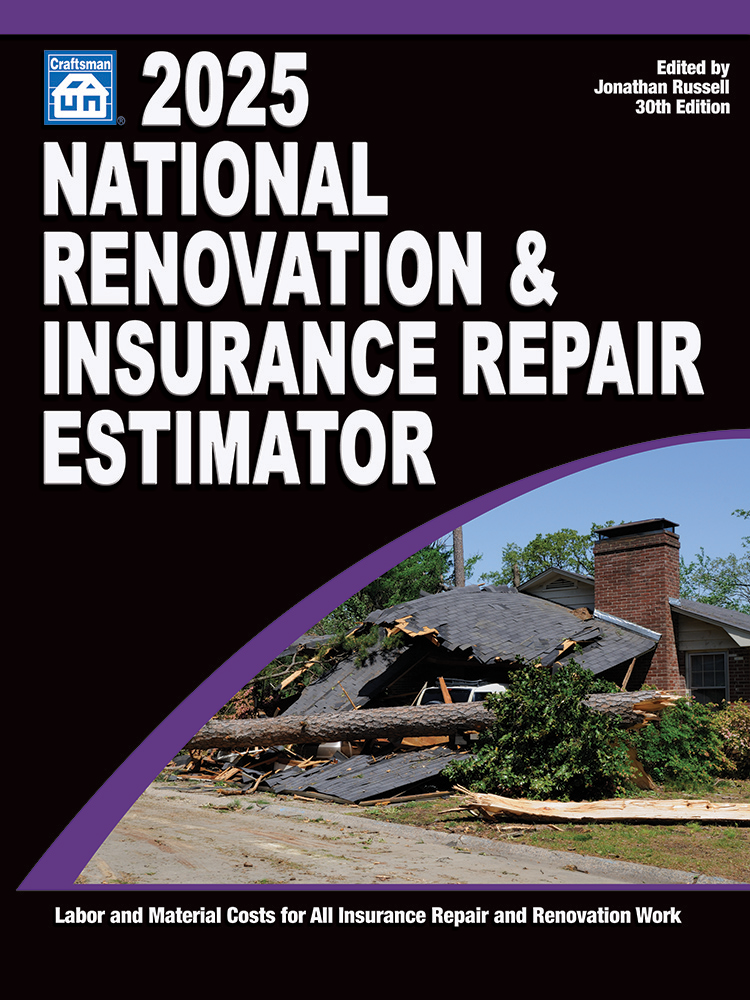Finding Importance in Job Descriptions




How would your company hold up to a surprise white glove inspection of its written policies? Well, on one hand if you have none, no harm, no foul. If you have some, are they clear and correct to all concerned?
I’m not proposing you bury yourself with paperwork, but I am proposing you have a written description of what you think the job requirements are for any and all positions in your company. This will allow all individuals working in the company to have at least a basic understanding of what is expected of them. Over the years, I’ve come to this conclusion: it is possible to communicate with others first by mental telepathy, second by a Vulcan Mine Meld, and finally by having to write everything down in order that I could be a better communicator! I finally had to accept the reality that the best way to communicate with another person is to write things down!
Let me use an example that just happened with one of my clients. A water mitigation manager decided to seek fame and fortune at another company. The owner was concerned as to the next step he should take in regard to finding that person’s replacement. Here are some of the discussion points that we worked through:
Les: Do you have a written job description of what you expect the water mit manager to do?
Client: Well… sorta, kinda, but I’m sure that just as in the past, the new person will know what I expect of them.
Les: Do you think it might be possible that what you want done and what the new hire would think they need to do might be different?
Client: Yes.
Les: Do you think it would make sense to have in writing what you expect your new manager to do?
Client: Yes
Les: Do you think we could use that written job description as a tool to research, interview and select a new manager?
Client: Yes
Les: I know you are extremely concerned that you do not want the new hire to respond along the lines of, “well that’s not in my job description.” So here are some suggestions:
- Make the last line of the job description read: “and whatever management deems necessary to add to this job description.”
- Have a thorough job discussion with all future candidates about job expectations, and that they could evolve.
- Understand the new description will probably not be perfect, but with positive attitudes and actions from both the owner and the new hire, we can move forward in keeping it as good as we can make it.
We then mused about the issue of how the recently departed manager “knew” or even did their “job,” whatever the job might have been in each of their minds.
The best part of all of this discussion was that:
1) The old person is gone!
2) The boss now knows what needs to be done AND has it written down!!
3) The remaining staff will now have an idea as to what is being asked of the replacement person and they may want or feel qualified to take a shot at the job!!!
Wishing you good business and good profits!
Looking for a reprint of this article?
From high-res PDFs to custom plaques, order your copy today!








